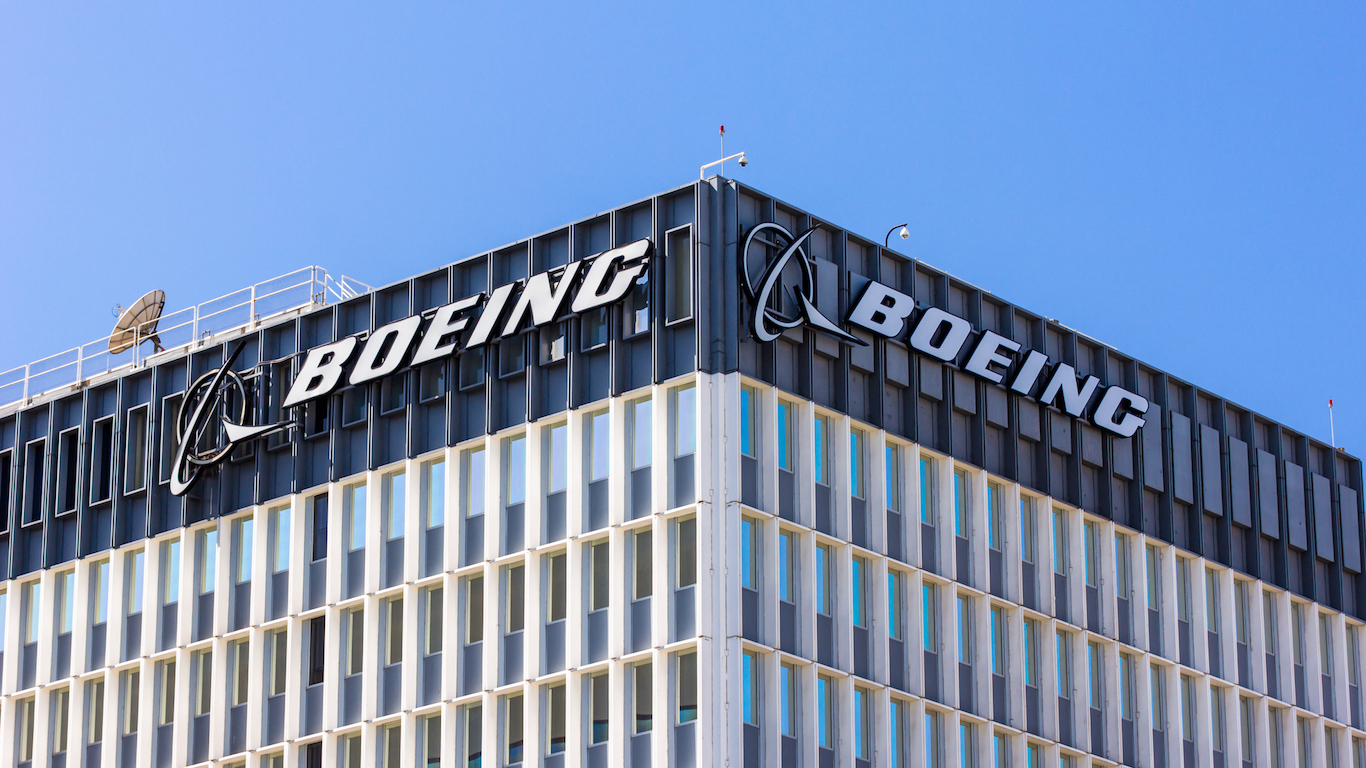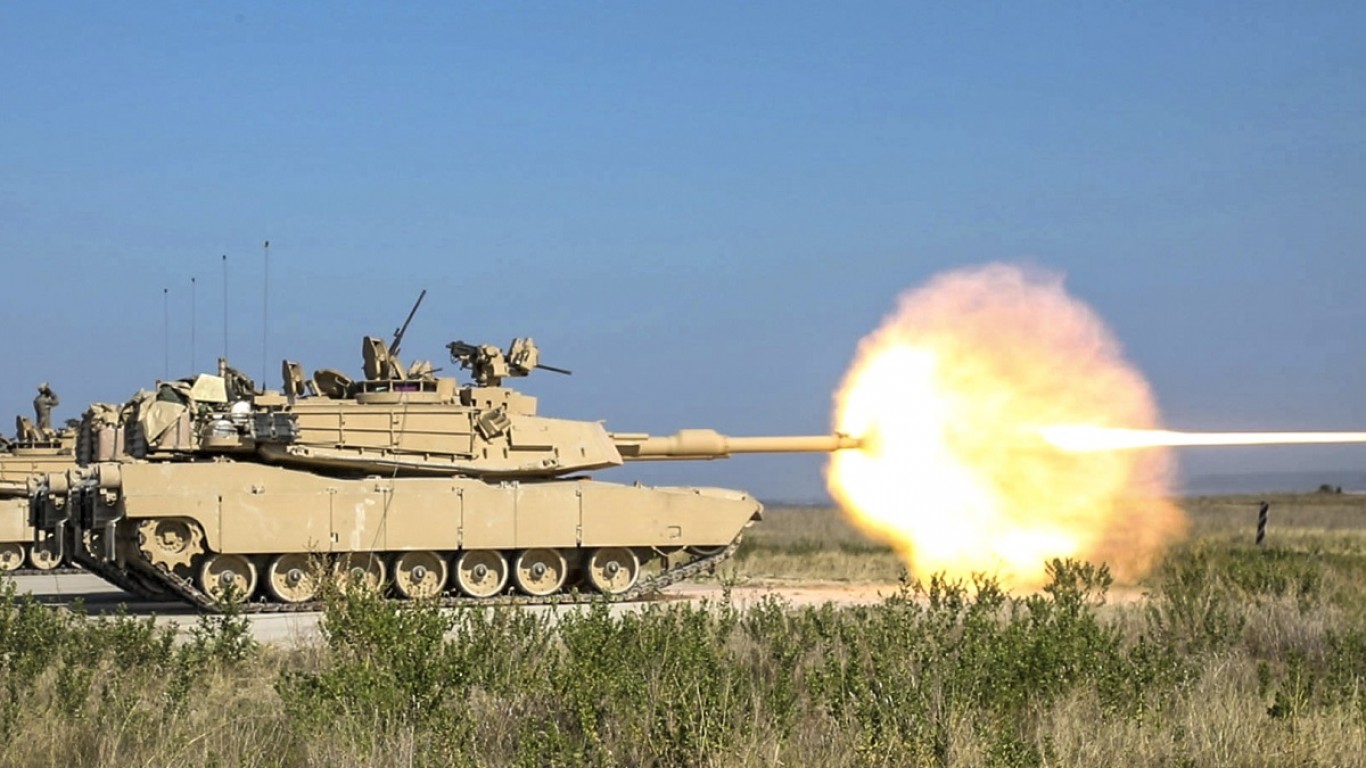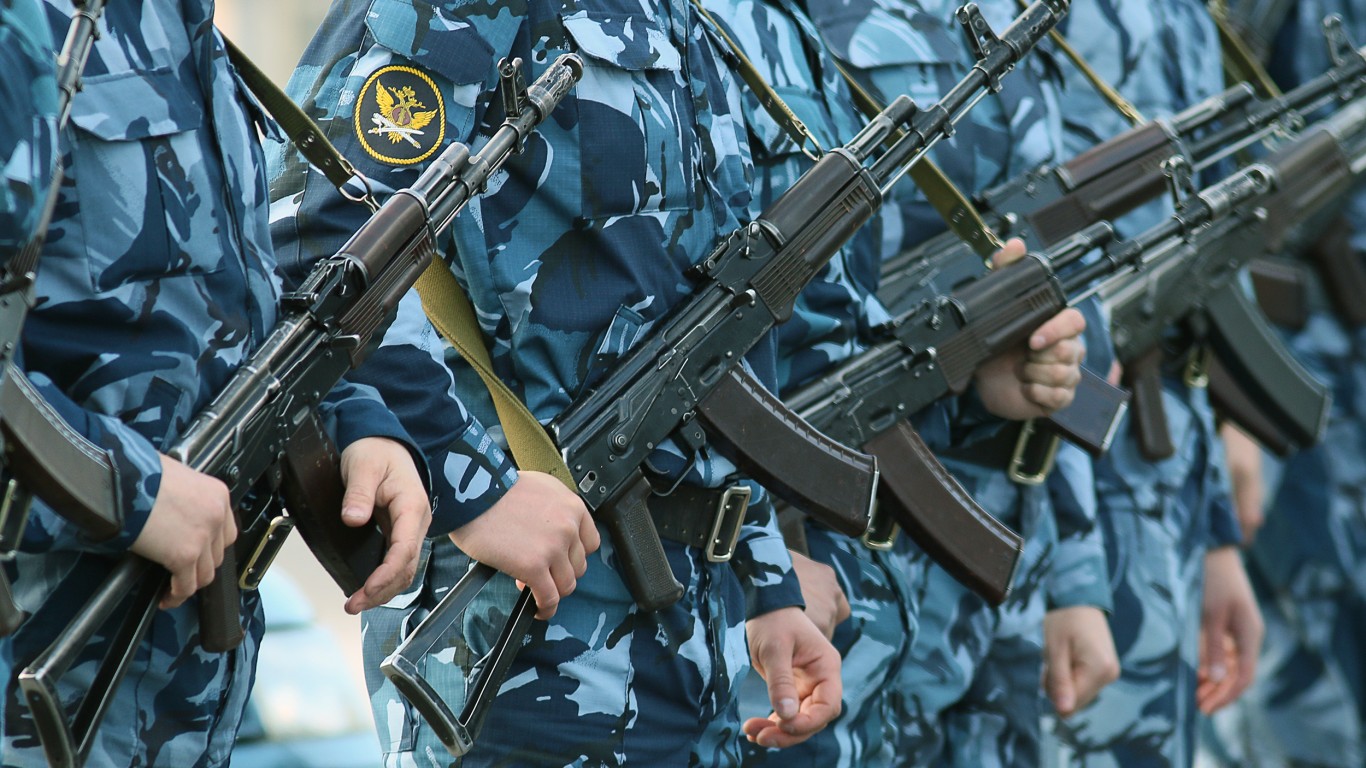
Earlier this week, Federal Aviation Administration (FAA) director Steve Dickson was grilled by the Senate Commerce Committee about the agency’s relationship with Boeing Co. (NYSE: BA). Dickson acknowledged that the FAA had allowed the company too much control over the certification process for its commercial jetliners.
Yet, Dickson also rejected the charge that the FAA and Boeing were “stonewalling” investigations into two fatal crashes of Boeing’s 737 Max jets that killed 346 people. The FAA grounded the 737 Max in March of 2019, and since that date, none of that model has flown a commercial flight, nor has Boeing been able to deliver a single plane to a customer.
Almost exactly one year later, the COVID-19 pandemic broke out in the United States and Europe. The outbreak essentially shut down international flights. About 60% of the global fleet of commercial jets, some 14,000 planes, was parked.
Boeing deliveries of new planes have slowed to a trickle, and rival aircraft maker Airbus has not fared much better. Boeing delivered four new airplanes in May; Airbus, just 24.
While the investigations into the 737 Max crashes continue and Boeing looks forward to a recertification of the plane by the third quarter of this year, being able to fly and manufacture more commercial jets may be a long way off for both Boeing and Airbus.
Too Many Planes
According to the International Air Transport Association (IATA), passenger traffic will drop by more than half year over year in 2020. That estimate includes a projection that traffic will recover by the fourth quarter. That is unlikely to happen.
For one thing, a late surge in passenger traffic depends largely on the development and distribution of a vaccine for COVID-19. Despite hopeful predictions for a vaccine by the end of the year, there appears to be little chance for one before sometime in the first half of 2021.
That indicates that passenger traffic will not recover to its pre-pandemic levels until about 2023. The 14,000 or so parked jets will be used first to accommodate the uptick in traffic, leading to lower demand for new planes from both Boeing and Airbus.
Boeing Is Behind
While Boeing has been focused on delivering its dual-aisle jets, the 787 Dreamliner and the 777X, Airbus forged ahead with a longer range version of its popular single-aisle A321. The A321XLR is “the most capable single aisle on the market,” according to Richard Aboulafia of industry research firm Teal Group.
The superior economics of the A321XLR as a replacement on some routes that had always used the larger dual-aisle jets means that demand for new planes, when it returns, will be centered on the smaller, more economical jets. Boeing’s 737 Max 9 and Max 10 can’t match the Airbus plane operationally, and that means that Boeing will have to offer steeper discounts on its planes to be competitive.
In the aftermath of COVID-19, Aboulafia also expects the habits of frequent flyers to change. Trips from one crowded regional hub to another are likely to be replaced by demand for longer point-to-point flights. Airbus, with the A220 regional jet it acquired from Bombardier and the A321 family, has a clear advantage over Boeing in the jets that airlines will want in the future.
Boeing’s new chief executive officer, David Calhoun, has put development of a mid-market airplane on hold, and the company’s negotiations with Embraer for the Brazilian company’s regional jets were ended without a deal. Boeing’s plans to compete in a market that is turning away from larger dual-aisle planes to more capable and efficient single-aisle planes are either closely guarded or nonexistent.
Aboulafia also points out that all the trends seen in the aerospace industry were present before the COVID-19 outbreak: “Boeing’s self-inflicted marginalization, a secular shift away from twin aisles, a preference for small, nimble fleets over big jets, and route fragmentation.”
What the coronavirus outbreak has achieved is to speed up all those changes, compressing a process that ordinarily might have taken several years to one that is likely to happen in the next two years. The longer it takes for Boeing to get the 737 Max back in the air and to resolve its political difficulties, the harder it becomes for the company to win against its well-stocked rival.
Get Ready To Retire (Sponsored)
Start by taking a quick retirement quiz from SmartAsset that will match you with up to 3 financial advisors that serve your area and beyond in 5 minutes, or less.
Each advisor has been vetted by SmartAsset and is held to a fiduciary standard to act in your best interests.
Here’s how it works:
1. Answer SmartAsset advisor match quiz
2. Review your pre-screened matches at your leisure. Check out the advisors’ profiles.
3. Speak with advisors at no cost to you. Have an introductory call on the phone or introduction in person and choose whom to work with in the future
Thank you for reading! Have some feedback for us?
Contact the 24/7 Wall St. editorial team.
 24/7 Wall St.
24/7 Wall St.



